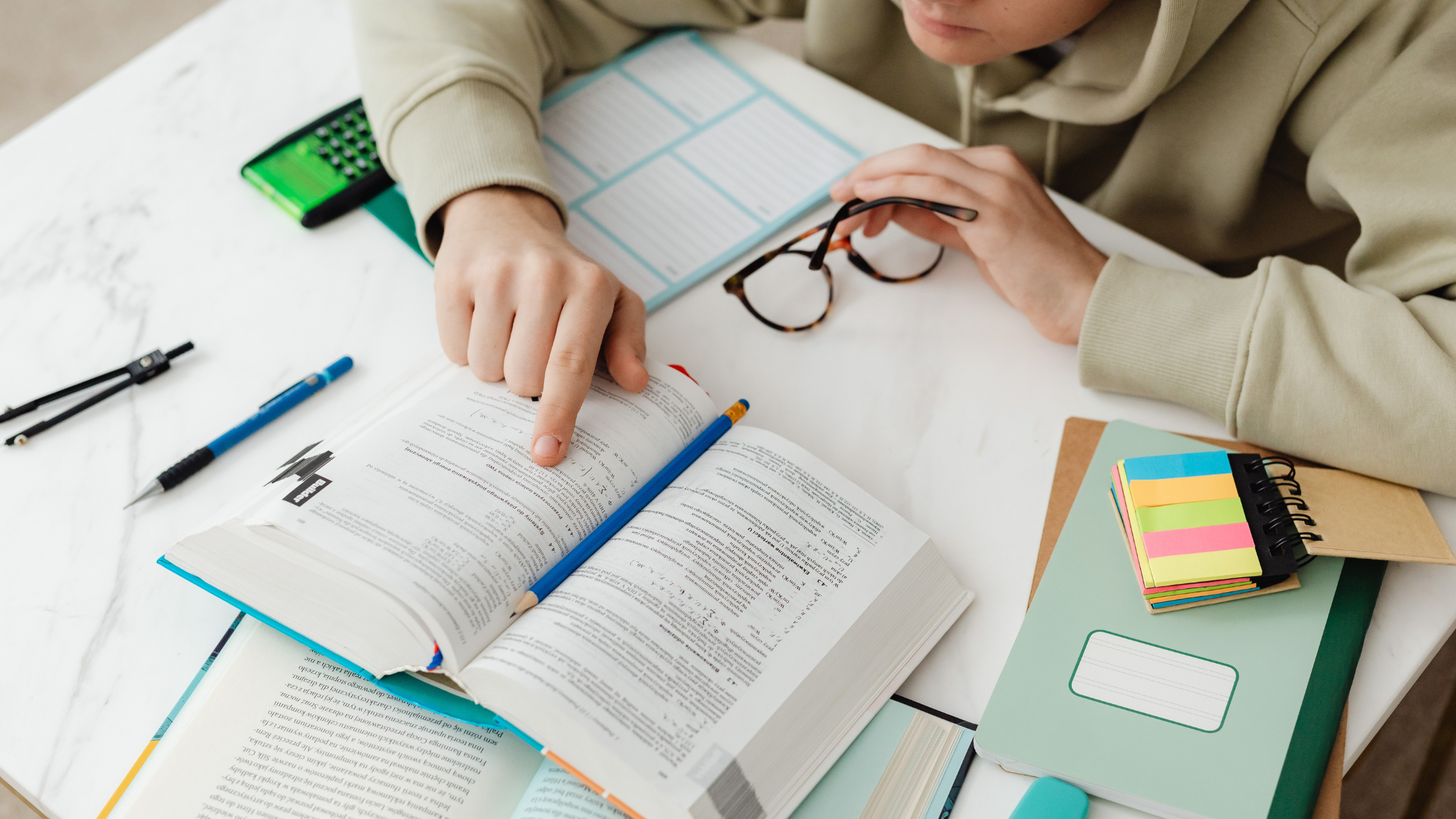To make exam day easier, there are certain things you can do and avoid doing. We are providing some tips to help you navigate the exam season smoothly. Here are seven common exam mistakes students make during exams and assessments, along with some tips to help you avoid them.
Exam Mistake 1: Failing to Prepare
Preparation is essential when it comes to exams and final assessments, and it’s never too late to start organizing. Lack of preparation is one of the most significant exam mistakes you can make, and it can cause considerable problems. Therefore, start preparing as early as possible, and follow these tips:
- Revise all the key points from your notes
- Check the exam date, time, and location
- Check the equipment you are allowed or required to bring
- Pack your bag and lay out your clothes the night before
- Plan your route, including a buffer time
- Wake up early
Exam Mistake 2: Not Reading Exam Instructions Properly
Different exams and assessments come in various formats, so it’s crucial to learn about the assessment format beforehand. The best way to do this is by studying past papers. Moreover, ensure you read the instructions carefully on the day of the exam. Spend the first five minutes of the exam reading and understanding the instructions.
Exam Mistake 3: Not Looking After Yourself Before And During Exams
Spending all your time revising can lead to stress, burnout, and reduced exam performance. So take good care of yourself throughout the exam season. Plan your revision to include time off for friends, hobbies, and relaxation. Ensure you get enough sleep, avoid overusing stimulants or depressants, eat healthily, and move your body regularly. Don’t revise the night before the exam, instead pack your bag, do something relaxing, and sleep early. Never skip a meal before your exam.
Exam Mistake 4: Poor Use Of Exam Time
Organize your time according to the number of questions you must answer and how many marks each question carries. Keep an eye on the clock to stay on track. Attempt all questions, don’t miss any due to lack of time.
Exam Mistake 5: Panicking During The Exam
Take a few deep breaths and sip some water if you start to panic. Remind yourself that you are smart, capable, and have prepared thoroughly. If you are struggling with one question, move to another and come back later.
Exam Mistake 6: Failing To Answer The Exam’s Set Questions
Make sure your answer thoroughly addresses the specific question in the exam paper. Jot down a quick essay plan and continuously refer back to the question while writing.
Exam Mistake 7: Rushing Your Exam
Check all your answers before finishing the exam. Catch any mark-losing errors and add any crucial points that you missed earlier. Finishing the exam 5-10 minutes before the end is fine, but finishing any earlier may be a sign that you were rushing.
Good luck with your exam, do your best to avoid these mistakes, and remember that you’ve got this!













